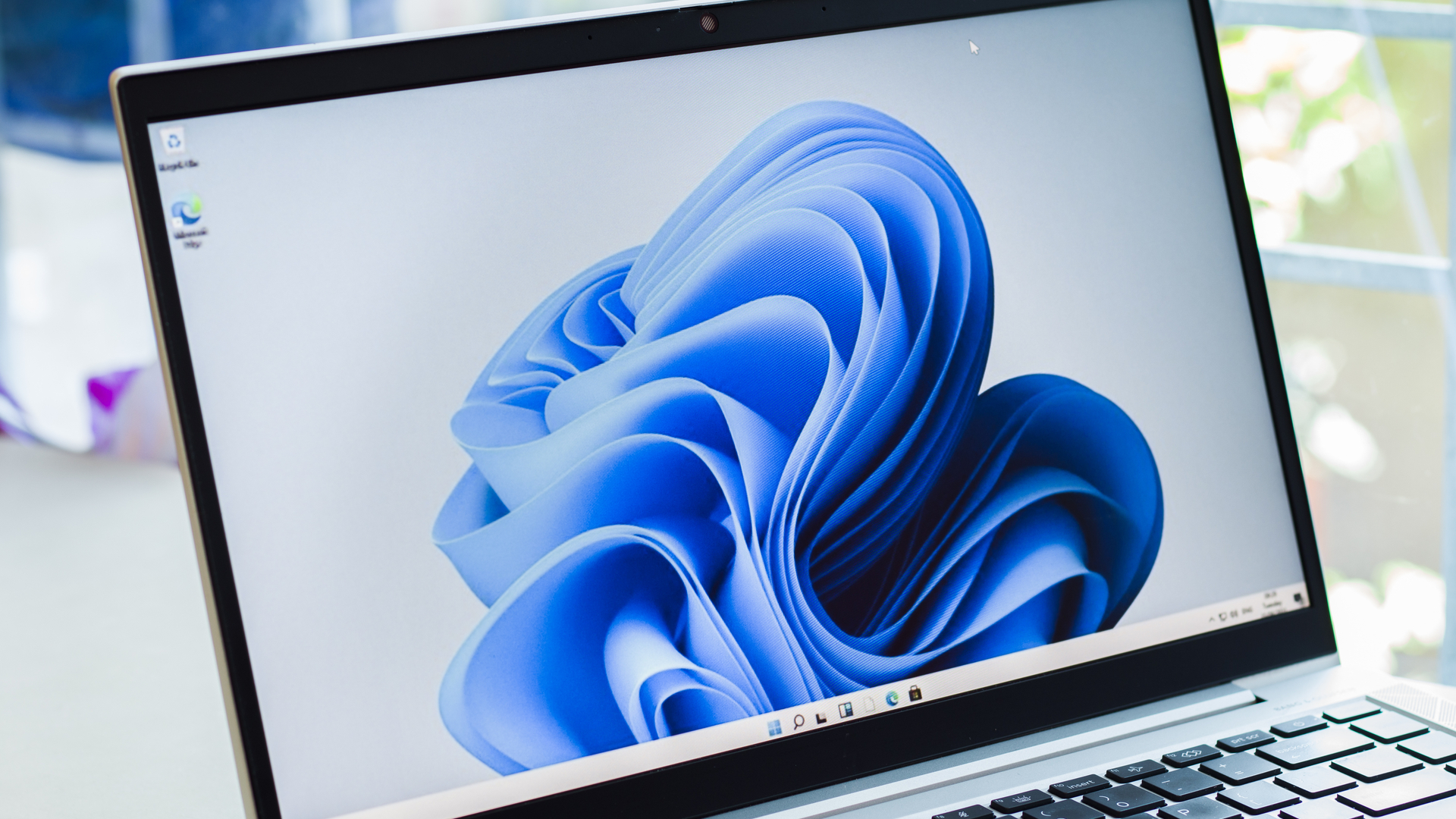
Microsoft looks like it’s forging ahead with its mission to put more ads in parts of the Windows 11 interface, with the latest move being an advert introduced to the Settings home page.
Windows Latest noticed the ad, which is for the Xbox Game Pass, is part of the latest preview release of the OS in the Dev channel (build 26120). For the uninitiated, the Game Pass is Microsoft’s subscription service that grants you access to a host of games for a monthly or yearly subscription fee.
Not every tester will see this advert, though, at least for now, as it’s only rolling out to those who have chosen the option to ‘Get the latest updates as soon as they're available’ (and that’s true of the other features delivered by this preview build). Also, the ad only appears for those signed into a Microsoft account.
Furthermore, Microsoft explains in a blog post introducing the build that the advert for the Xbox Game Pass will only appear to Windows 11 users who “actively play games” on their PC. The other changes provided by this fresh preview release are useful, too, including fixes for multiple known issues, some of which are related to performance hiccups with the Settings app.

Pushing too far is a definite risk for Microsoft
While I can see this fresh advertising push won’t play well with Windows 11 users, Windows Latest did try the new update and reports that it’s a significant improvement on the previous version of 24H2. So that’s good news at least, and the tech site further observes that there’s a solution for an installation failure bug in here (stop code error ‘0x8007371B’ apparently).
Windows 11 24H2 is yet to roll out officially for all users, but it’s expected to be the pre-installed operating system on the new Snapdragon X Elite PCs that are scheduled to be shipped in June 2024. A rollout to all users on existing Windows 11 devices will happen several months later, perhaps in September or October.
I’m not the biggest fan of Microsoft’s strategy regarding promoting its own services - and indeed outright ads as is the case here - or the firm’s efforts to push people to upgrade from Windows 10 to Windows 11. Unfortunately, come next year, Windows 10 users will be facing a choice of migrating to Windows 11, or losing out on security updates when support expires for the older OS (in October 2025). That is, if they can upgrade at all - Windows 11’s hardware requirements make this a difficult task for some older PCs.
I hope for my sake personally, and for all Windows 11 users, that Microsoft considers showing that it values us all by not subjecting us to more and more adverts creeping into different parts of the operating system.







